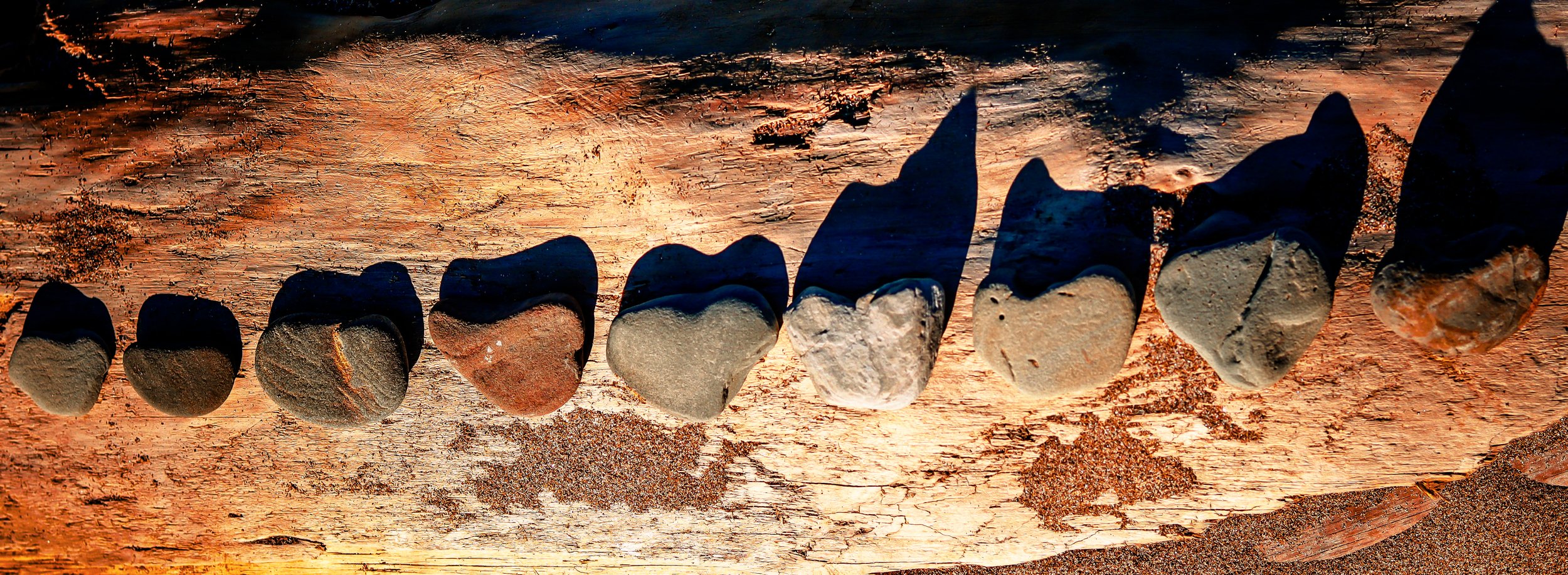He aroha whakatō, he aroha puta mai.
If kindness is sown, kindness you shall receive.
What happens when we pause long enough to notice the small judgments that shape our view of the world — the inner voices that whisper what’s “right,” “respectful,” or “normal”?
In this reflection, I explore how our inherited ideas and micro-aggressions influence the way we speak, teach, and relate to mokopuna. Through the lens of aroha, we can reframe our responses and rediscover what it means to teach and lead with compassion and awareness.
Leading on from my last pondering, I have been thinking more about the “I’m ok” dance. This further reflection has led me to think about the language we use. Language shapes our view of the world — but first, our view of the world has shaped our language.
Lera Boroditsky, in her TEDWomen talk How Language Shapes the Way We Think, explains how the way we structure our words impacts how we perceive events. For instance, we might say, “Lynn broke the vase, but it was an accident.” This still sends a message to the brain that it was Lynn who broke the vase. In contrast, saying “The vase had an accident” shifts the focus — it was the vase’s doing. How Language Shapes the Way we Think.
We have all been shaped by the views, values, morals, and ideas of past generations. Some of these are now outdated, yet their impact lingers. Take, for example, the phrase “children should be seen and not heard.” It sounds archaic and out of place in our world today and yet, does this view of respect still influence our actions, perhaps in subtler ways? This old Western belief of the tamaiti led adults to think their voice mattered more than that of the mokopuna We may not utter the words anymore, but I wonder if, as kaiako, our actions sometimes say, “my voice is more important than yours,” to the mokopuna in our settings through the choices we make and the expectations we hold.
Micro-aggressions are one of the ways such thinking persists. They’re subtle and often invisible because we don’t realise we have them. Recently, while travelling to Wellington, a young man sat next to me on the plane. The moment he sat down, he began to bounce his leg up and down — an action that creates, in me, a quiet inner turmoil. The voice in my head said, “Why can’t he just sit still?”
I knew then that my flight might be bumpy, not because of turbulence, but because of my own inner world and what I believed about respect. I wished I were Sia, the singer with the long fringe that hides her eyes then I wouldn’t have to see the continual bouncing beside me.
As my inner turmoil rose from a simmer to a boil, I began to talk to myself (silently, of course talking out loud might raise a few eyebrows). I asked: Why is it important to me that someone sits still? Is it about my idea of respect - a lingering hangover from “you must sit still to be polite”? A message once drummed into me?
Each of us carries micro-aggressions that shape our thoughts, words, and actions, often rooted in outdated ideas of right and wrong. The beliefs we hold about mokopuna, and the experiences of our own childhoods, influence the way we view teaching, learning, and our role as kaiako. These views shape both our language and our actions.
When we misunderstand behaviour, we may label it as problem behaviour, when in truth, the problem lies in our lack of understanding. It is not the problem of the mokopuna, but of the kaiako.
An AROHA Gaze
If we come with an AROHA gaze, we equip ourselves to pause and reflect before becoming judge and jury over what is right, wrong, or respectful.
A – ARO: Place the individual mokopuna in front of you. See their uniqueness in this moment and set aside assumptions. Remember this mokopuna comes from a long line of ancestors and carries their hopes, dreams, and aroha. Mokopunatanga reminds us that our actions today shape the thriving of future generations.
R – RO: Take time to pause and consider your inner voice. Be reflective, not reactive.
H – HA: Remember that there is energy in our presence. Mokopuna sense the energy between us, we don’t always need words to communicate. Is our presence one of power over the mokopuna, or one that radiates power with, through ako and connection?
O – OHA: Be generous and expect the best. See the mokopuna with generosity of spirit. Focus on what is positive, because what we focus on grows.
Returning to the Whakataukī
He aroha whakatō, he aroha puta mai.
This whakataukī captures the essence of this reflection. When we plant seeds of aroha, through language, presence, and understanding we create the conditions for aroha to grow in return.
An AROHA gaze is more than a teaching tool; it is a way of being. It reminds us that kindness and reflection are reciprocal that when we meet others with aroha, we receive aroha back, deepening connection and trust.
Arohanui
Lynn



